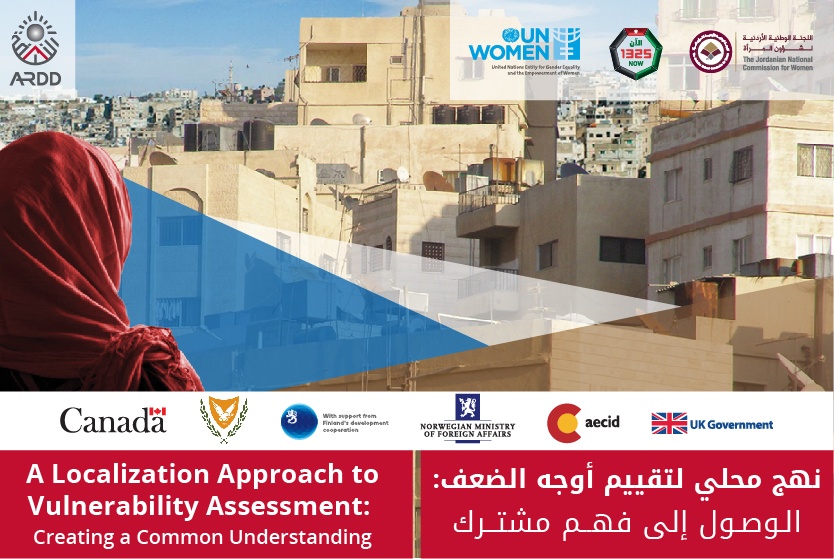This report sheds light on the local perspective on vulnerability. It is part of a series of studies that look into the localization of various gender-related issues. The report points to the mechanisms adopted by CSOs to assess vulnerability to bring together the local perspective and improve the access of the most vulnerable to the support available. The research assessed how the most vulnerable groups accessed the NAF program during COVID-19, through the perspective of local communities and CSOs. The results of the research should help develop (or update) a new vulnerability assessment tool based on the local communities understanding of vulnerability. The report makes recommendations to ensure gender-sensitive responses to COVID-19 and better-coordinated strategies between CSOs and decision-makers that would help improve the current vulnerability assessing mechanisms.
This report aims to examine the current vulnerability assessment tools adopted by government programs, particularly Takaful, and by CSOs, to reach an agreement on the approaches adopted. The report examines the local CSOs’ perspectives and experiences in assessing vulnerability in their communities and hopes to contribute to improving the current assessment mechanisms through the adoption of an inclusive vulnerability assessment. To bring to light the local experience and perspectives, ARDD conducted a total of 11 KIIs with local CSOs members of the JONAF coalition, based in different regions of the country.
The main conclusions and recommendations of this process are:
- The government and CSOs have to intensify and systematize their collaboration to improve access to aid and assistance (simplify procedures, improve geographical coverage, ensure access to technology, and boost literacy and digital literacy).
- Vulnerability needs to be redefined to better reflect the needs of the local communities
- Gender Issues and Intersectionality to be taken into Account for an Inclusive response to Vulnerable Groups
- Improving Communication and Involving other Actors through a Participatory Approach to Aid Programs
This report comes as part of the action research within the framework of the project “Strengthening the Capacities of Women-led CSOs in Evidence-Based Advocacy and Women, Peace, and Security (WPS) Agenda”, supported by UN Women with the generous funding of the governments of Canada, Finland, Norway, Spain, Cyprus, and the United Kingdom. ARDD would like to thank the civil society partners and individuals that supported the development of this study, which was carried out by the research team of the Al Nahda Thought Center.


